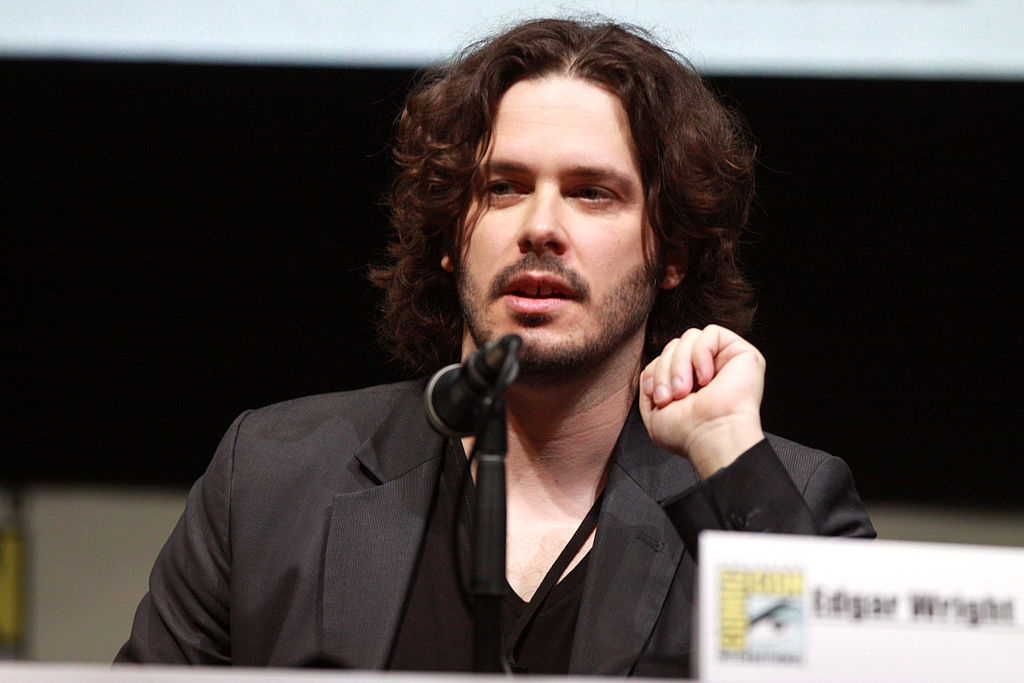Views expressed in opinion columns are the author’s own.
Note: This column contains spoilers
Edgar Wright’s most recent film, Baby Driver, is already a critical and commercial hit. The Atlanta-set, jukebox musical, car-chase filled, comedy-heist, Lin-crossed-with-Lynch, ensemble action film is made to be fun. The upbeat soundtrack keeps the movie high energy from start to finish, and the script vacillates between suave and silly. Lost in this joyride, however, are the women of the film.
Like in far too many movies, the female characters here are underdeveloped and overly dependent. Lily James plays Debora, a waitress who meets the protagonist, Baby, and falls in love almost instantly. Instead of providing any substantial backstory, Debora just wants to “head west on 20 in a car I can’t afford with a plan I don’t have — just me, my music, and the road.”
A beautiful woman with no history, family or friends, and whose only goal in life is a road trip, turns out to be a great fit for getaway-driver Baby. They are especially compatible when he ends up on the run from both cops and criminals, since Debora is willing to risk her life for Baby despite only going on one real date with him. Her character quickly moves from an object of Baby’s desire to the thing he must protect. Debora’s moment of agency in the fight scene near the film’s end is nice, but not enough to redeem the character.
There is really only one other female character: Darling, who also primarily exists as a love interest. Women are motivating objects for the film’s men — something to protect in Debora’s case, and something to avenge in Darling’s.
The movie does not come close to passing the Bechdel test, which asks whether a film features two female characters discussing something other than a man. The two women are never portrayed as independent of the men in their lives. The pair is given a small chance to interact when the gang visits the diner where Debora works. However, the opportunity for conversation is lost when a man orders for the table.
I should pause here to clarify my thoughts on Baby Driver. I truly enjoyed watching this movie. It has the rare combination of technical brilliance and blockbuster thrills. Edgar Wright does visual comedy better than anyone directing today and assembled a near-perfect cast.
All this makes the movie’s treatment of women especially frustrating. Baby Driver is no guiltier than dozens of other films released this summer. It is just sad to see women ignored in a film receiving so much praise.
When otherwise good movies minimize women, they perpetuate a systemically misogynistic media landscape. According to the Geena Davis Institute on Gender in Media, in the top movies of 2014, male characters received twice as much screen time and spoke twice as much as female characters. In films with male leads, that gap grew larger, with male characters speaking three times as often. The problem is bigger than any one movie, and it will take a conscious effort to shift.
Movie portrayals of women are not just passive reflections; they actively impact the world in which we live. More than 60 percent of women surveyed globally said “female role models in film and TV have been influential in their lives,” and many said “that positive female role models had given them the courage to leave an abusive relationship.”
Filmgoers are already sending a message, as movies with female leads grossed 15.8 percent more on average than male-led films. It is clear that audiences want to see more well-written women on screen, which is another reason movies like Baby Driver are so disappointing.
Many critics seem content to overlook Baby Driver’s treatment of women because they view the film as an homage to other classic American heist films. For them, it is acceptable for Debora to be an object for Baby, since that’s the way women always appear in those films. By putting Baby Driver in a historical, cinematic context, these critics remove Wright’s culpability for his narrative design. He didn’t invent these characters; he just put them in a shiny new car.
This thinking preserves sexism in the name of tradition. It places played-out tropes ahead of good storytelling. We don’t have to choose between good films in conversation with the past and those that have solid female roles.
Strong women make their genres better, such as the road movie Thelma & Louise or the action film Mad Max: Fury Road. It is up to filmmakers to reimagine the stories we’ve come to love for a time that will not accept the inequalities of the past. Movies will always borrow from each other and find ways to exist within their genre.
But our media, like every part of our history, is deeply flawed. Filmmakers must understand this and do more than just honor the movies of the past. They must also transform them because, frankly, there are many aspects of American film that don’t deserve homage.
Jack Lewis is a senior government and politics major. He can be reached at jlewis20@umd.edu.



